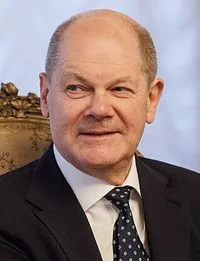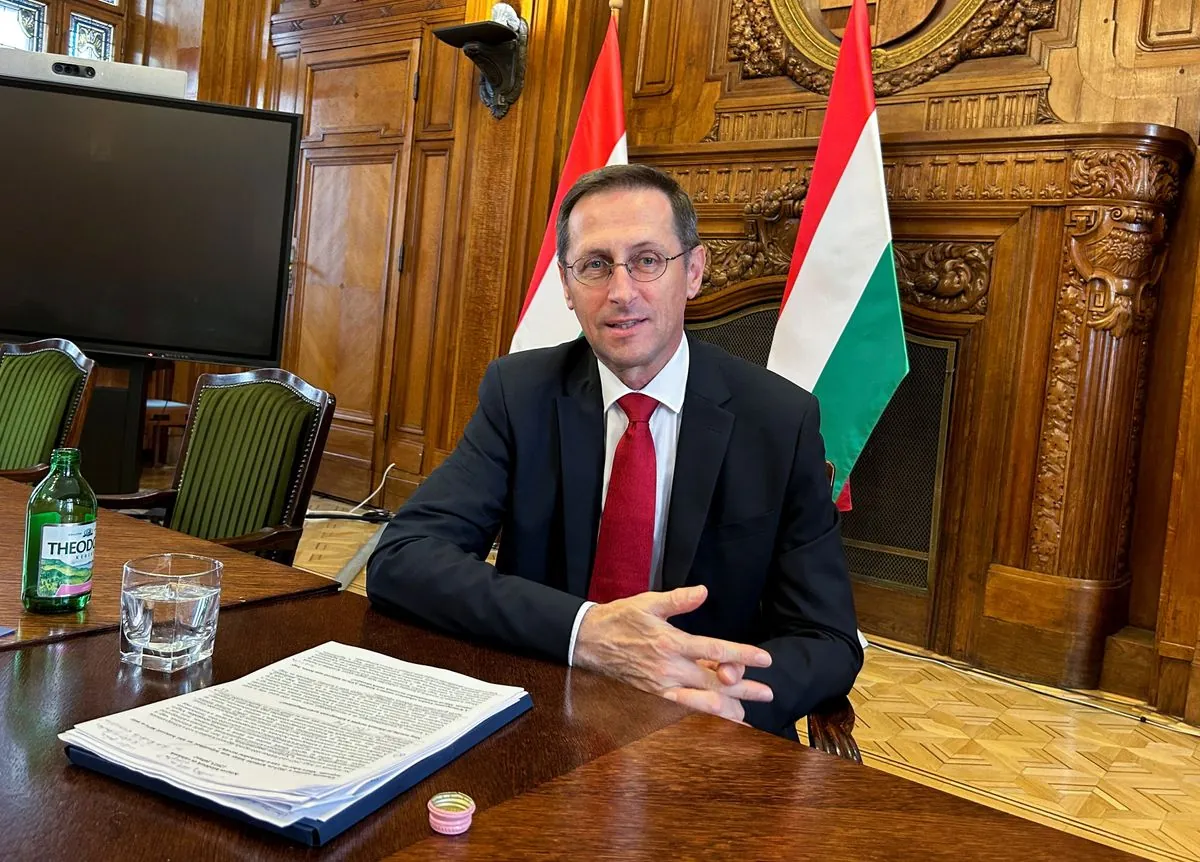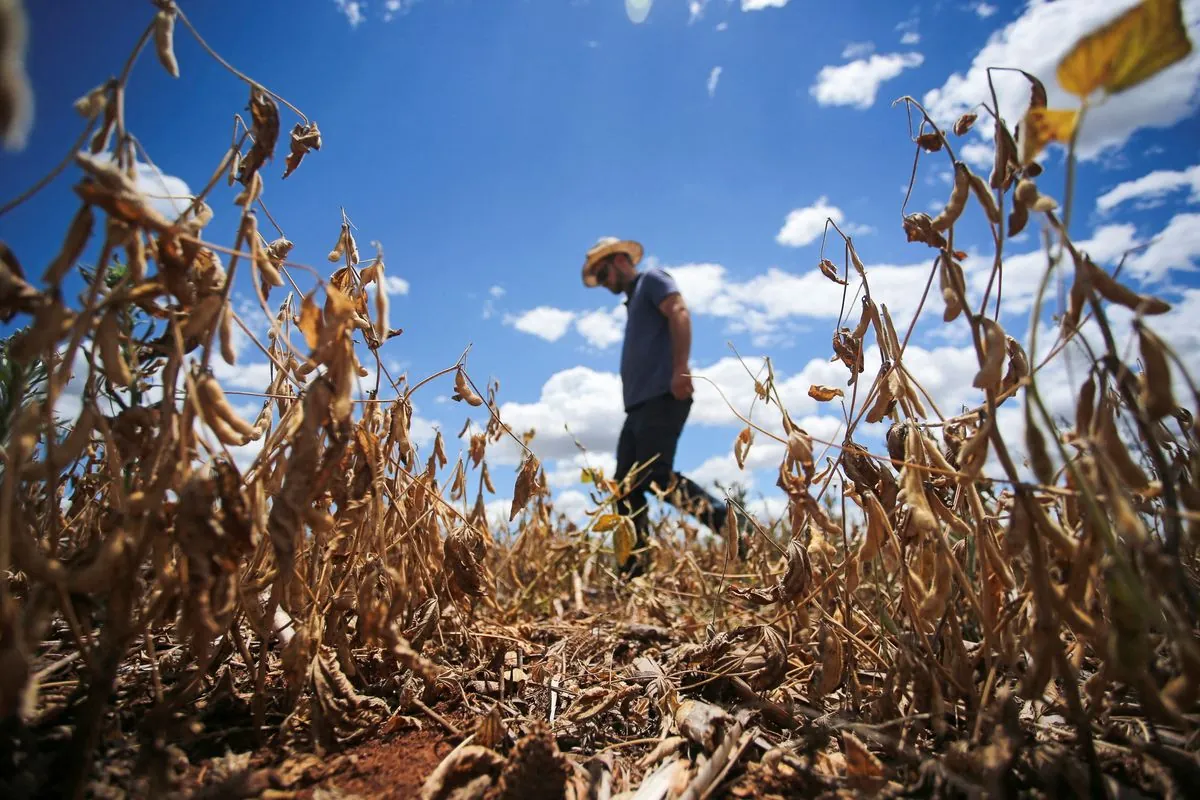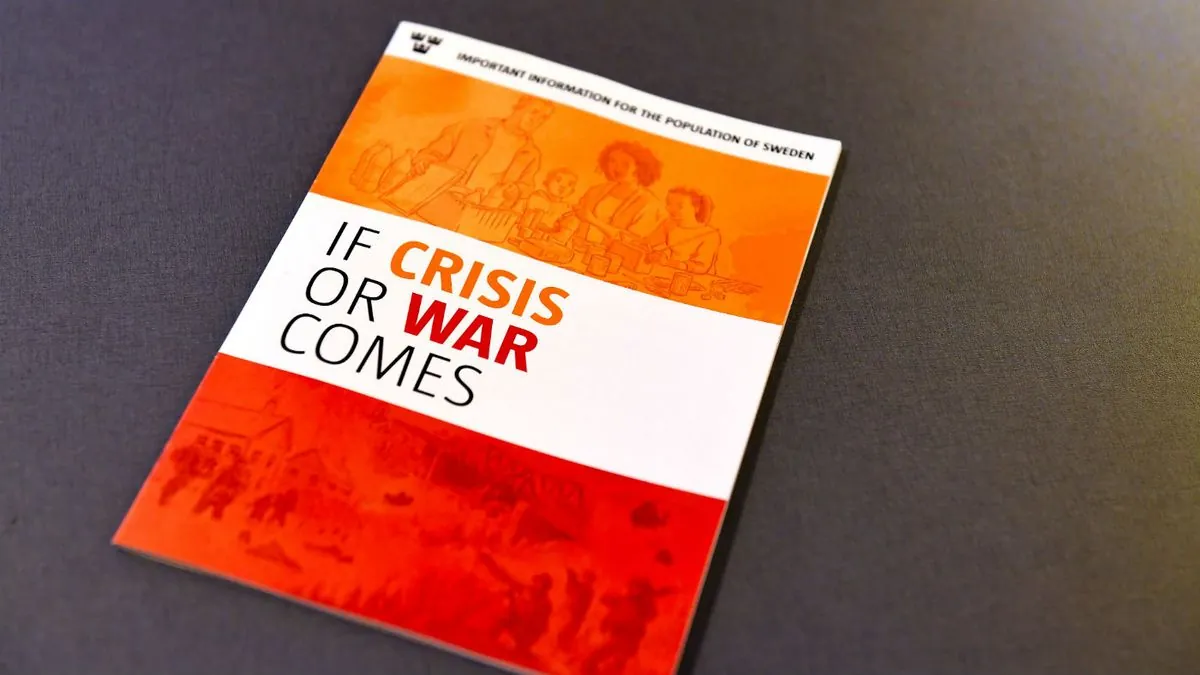SPD Swiftly Replaces Top Official Ahead of Crucial German Election
Germany's Social Democrats appoint Matthias Miersch as new general secretary, replacing Kevin Kühnert. The move comes as the party faces declining poll ratings and prepares for the 2025 national election.
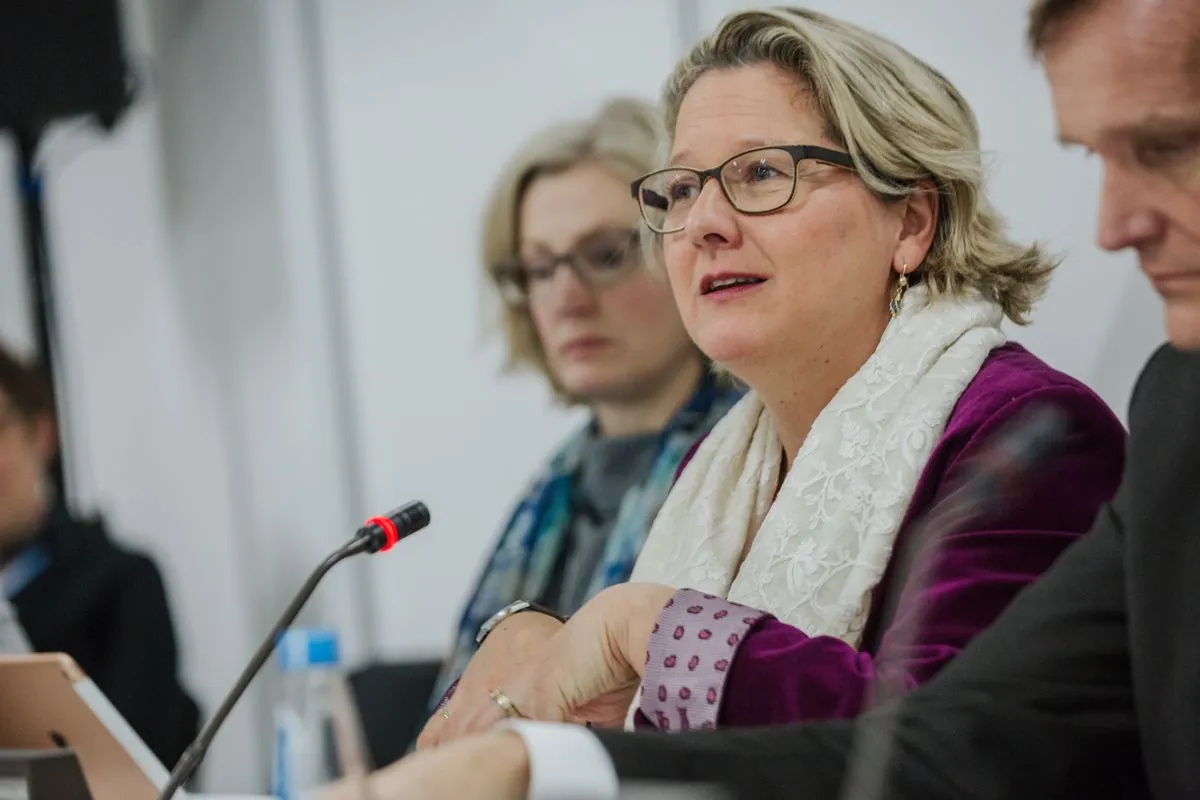
Germany's Social Democratic Party (SPD), the oldest existing political party in the country founded in 1863, has swiftly appointed a new general secretary following an unexpected resignation. Matthias Miersch, a 55-year-old seasoned lawmaker, has been selected to replace Kevin Kühnert, who stepped down citing health concerns.
The change in leadership comes at a critical time for the SPD, as it prepares for the upcoming national election scheduled for September 2025, approximately 11 months from now. The party, which currently leads the "traffic light coalition" government with the Greens and Free Democratic Party (FDP), has been facing significant challenges in recent months.
Chancellor Olaf Scholz's party has experienced a sharp decline in poll ratings since narrowly winning the 2021 election. The coalition, formed just over three years ago, has become known for its internal disagreements, potentially weakening its position against the opposition.
Recent electoral setbacks have further complicated the SPD's situation. In the European Parliament election held four months ago, the party finished behind both the conservative Union bloc (CDU/CSU) and the far-right Alternative for Germany (AfD). Additionally, the SPD performed poorly in two state elections in eastern Germany last month.
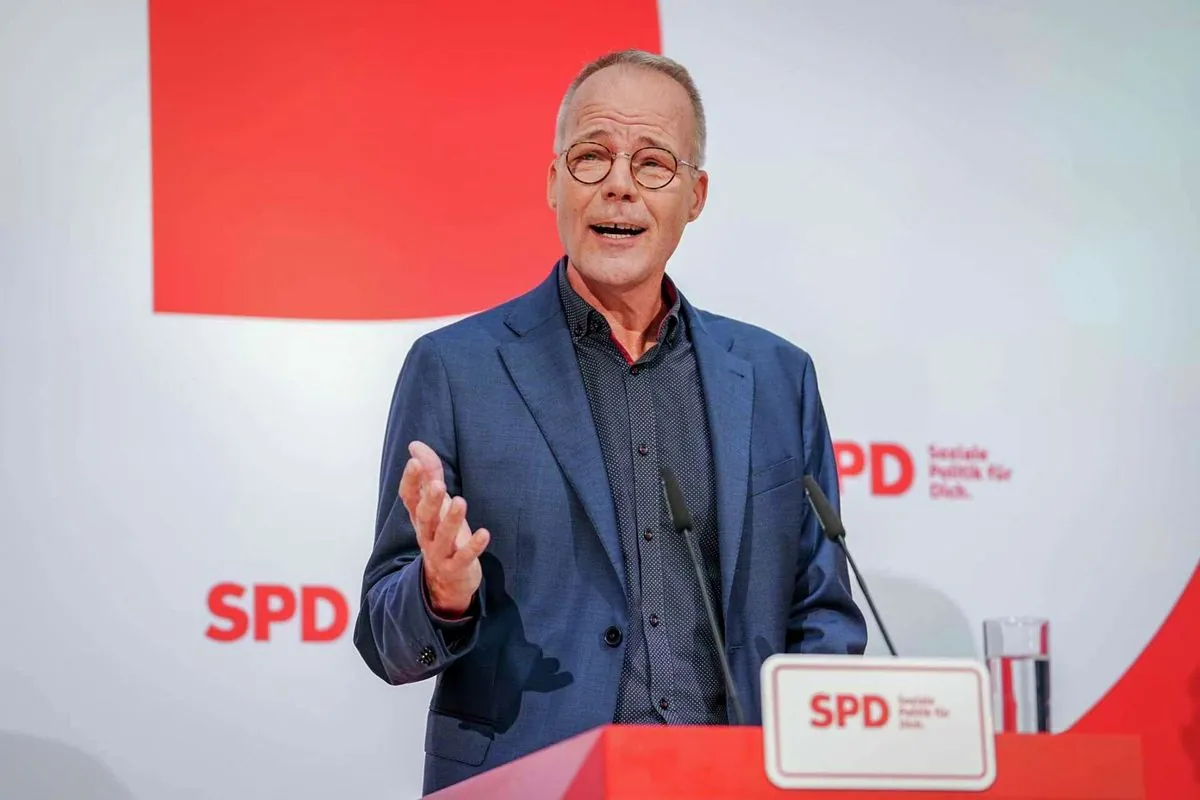
Miersch, described as well-connected within the party, parliament, and SPD-led states, is expected to play a crucial role in the upcoming campaign. His appointment aims to reinvigorate the party's strategy and highlight its distinctions from the opposition, particularly the CDU under Friedrich Merz, who was nominated as the conservative challenger.
The new general secretary emphasized the SPD's commitment to combining ecological concerns, economic sense, and social cohesion. Miersch stated, "We must do everything against the far right," acknowledging the growing influence of the AfD, which has gained significant support in eastern German states and has been under surveillance by domestic intelligence services in some regions.
While pledging full support for Chancellor Scholz, Miersch also asserted his independence, stating he won't be "simply a yes-man." This stance reflects the complex dynamics within the SPD, as some lower-ranking members have questioned the wisdom of Scholz seeking a second term.
The SPD's challenges are set against the backdrop of Germany's evolving political landscape. The country's mixed electoral system, combining first-past-the-post voting with proportional representation, has led to a more fragmented parliament in recent years. The Bundestag currently has 736 members, with smaller parties gaining more influence.
As the SPD prepares for the 2025 election, it must navigate the 5% threshold that prevents very small parties from entering parliament while also addressing the rise of the AfD, founded in 2013. The party's strategy will likely draw on its roots in the 19th-century workers' movement and socialist tradition, as well as the more centrist approach adopted in its 1959 Godesberger Program.
The appointment of Miersch represents a critical moment for the SPD as it seeks to reverse its declining fortunes and present a compelling vision to German voters in the coming months.
"The Social Democrats are the force that says ecology, economic sense and social cohesion must be combined."













